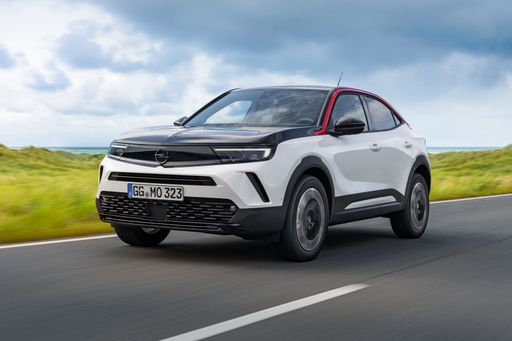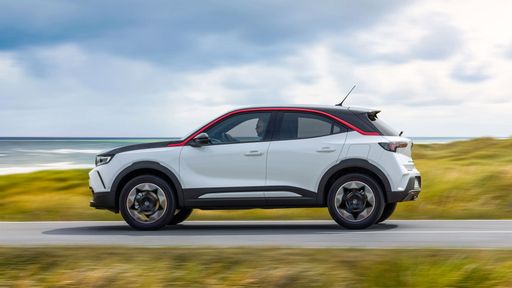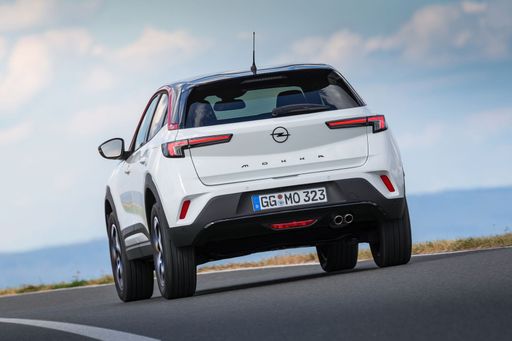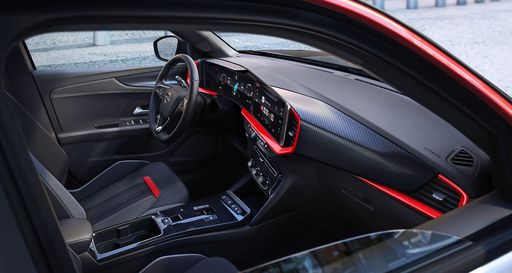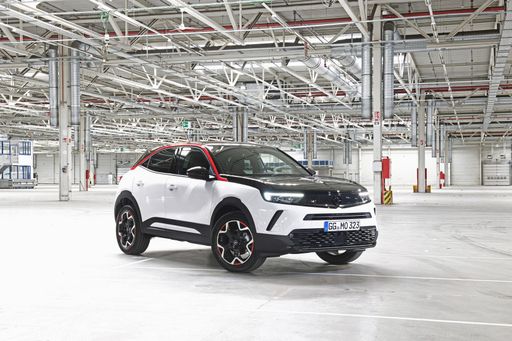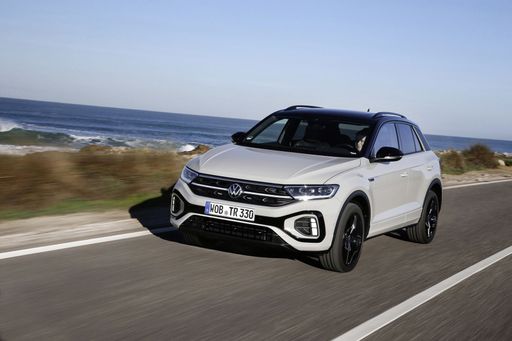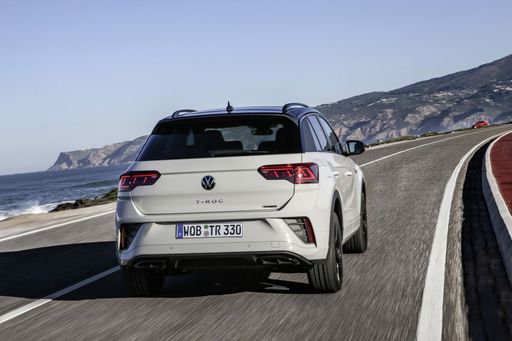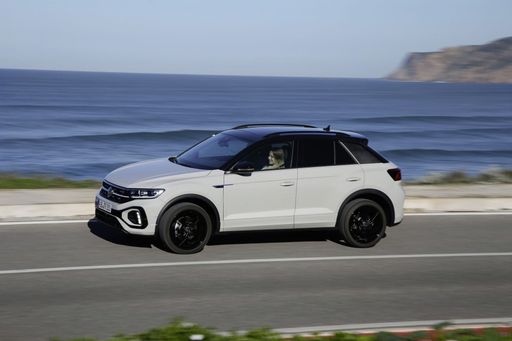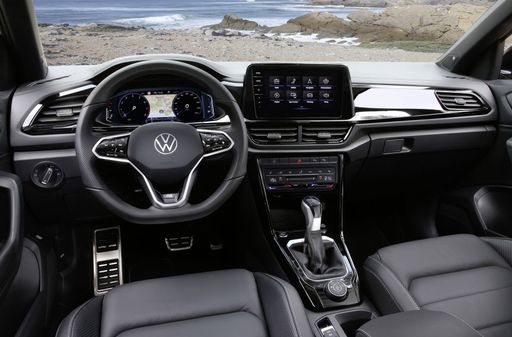Opel vs. VW: A Detailed Comparison of Two Automotive Giants
When it comes to the automotive industry, few rivalries are as storied as that between Opel and Volkswagen (VW). Both brands have established themselves as stalwarts in the European market, each boasting a unique set of strengths, innovations, and loyal customer bases. This article aims to delve into a comparative analysis of their latest SUVs, assessing technical specifications, innovations, and overall performance.

